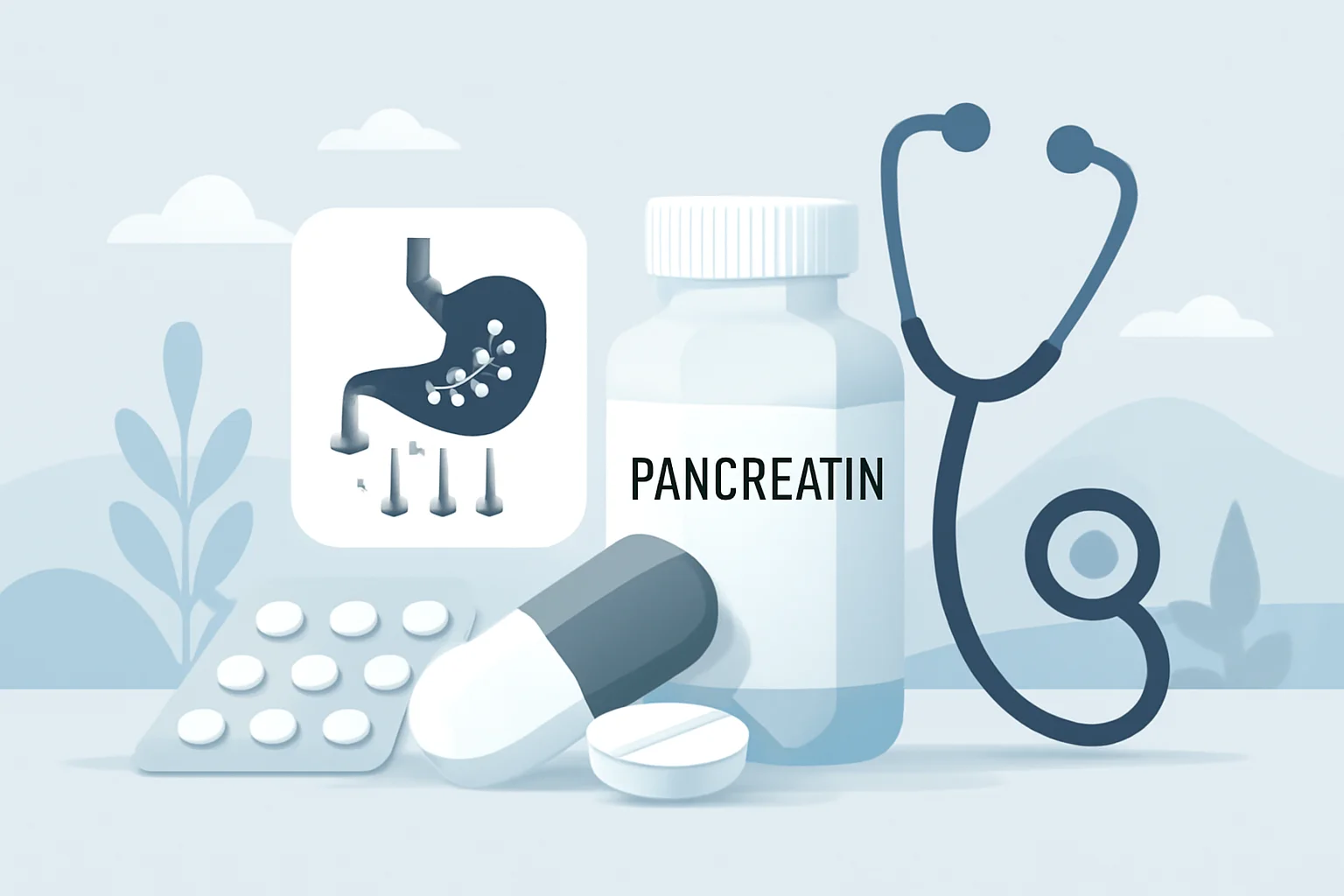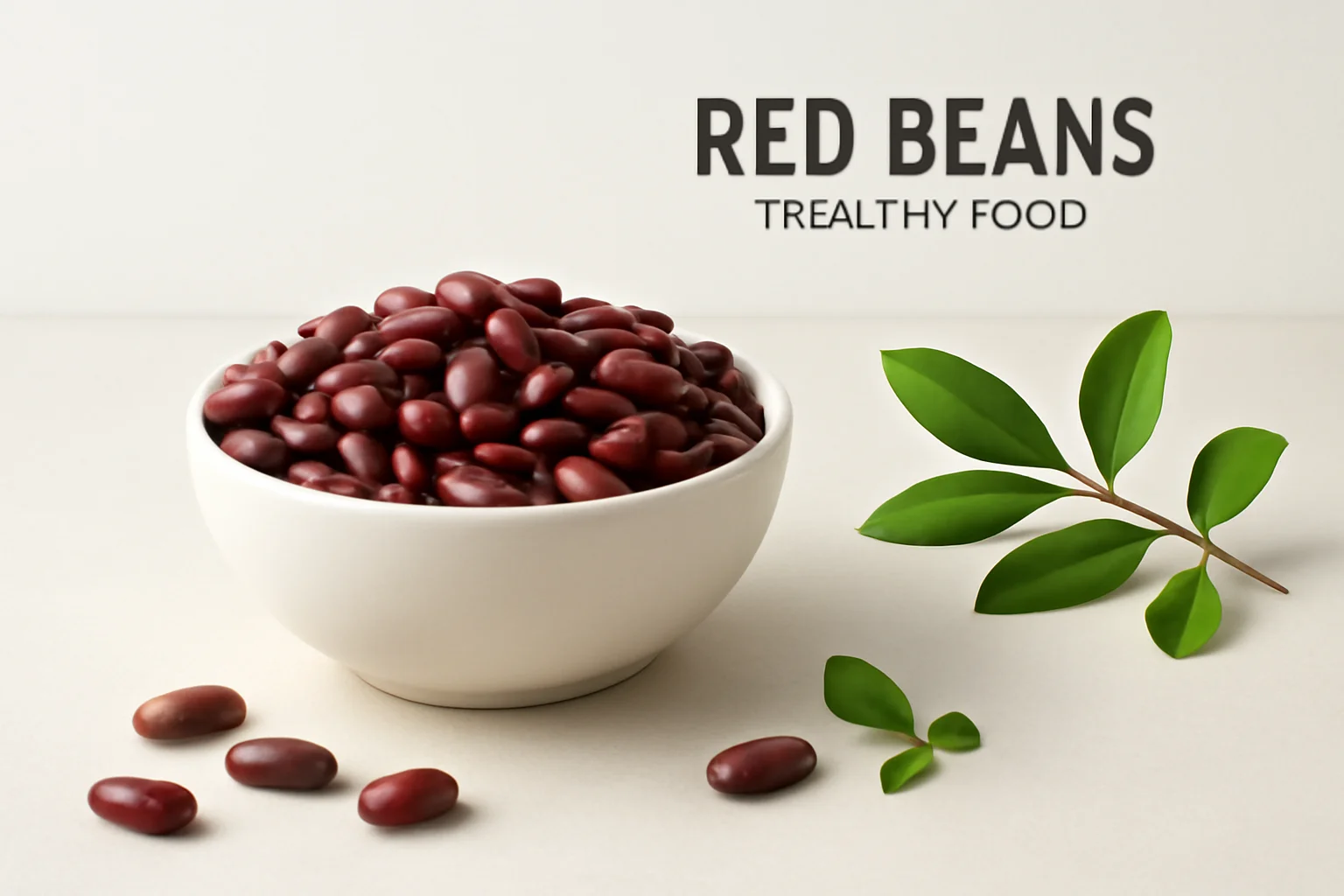
Kreon and Pancreatin: When and Why Are They Needed?
A modern nutrition and healthcare are increasingly focusing on various formulations that address digestive disorders. Kreon and Pancreatin, as the most well-known digestive enzyme supplements, are essential for many to ensure proper digestion. The effective functioning of the digestive system is crucial, as the proper absorption and utilization of nutrients are vital for maintaining health.
These formulations provide solutions not only for those suffering from pancreatic diseases but also for those struggling with digestive issues, such as bloating, abdominal pain, or diarrhea. However, the choice between Kreon and Pancreatin is not always straightforward, as both have their own advantages and disadvantages. To make the right choice, it is important to be aware of their mechanisms of action, effects, and various applications. Below, we will take a closer look at these formulations to assist in decision-making.
Kreon: What it is and how it works?
Kreon is a digestive enzyme supplement that contains a combination of enzymes produced by the pancreas, such as lipase, amylase, and protease. These enzymes play a key role in breaking down food, enabling the efficient digestion of fats, carbohydrates, and proteins. Kreon is specifically designed for individuals with pancreatic insufficiency, where the pancreas does not produce enough enzymes to properly break down food.
Kreon is available in capsule form and contains enzymes in a microgranule form that dissolves in the intestine, allowing for rapid and effective action. The use of this formulation can help improve nutrient absorption, thereby enhancing the quality of life for patients and reducing the discomfort associated with digestive disorders.
It is important to note that the use of Kreon requires adherence to precise dosing. The amount recommended by the doctor should always be followed, as excessive enzyme intake can also be harmful. Kreon is generally advised to be taken during meals, ensuring that the ingested food is properly digested.
A significant advantage of Kreon is that the accompanying digestive issues, such as bloating or abdominal pain, can be significantly reduced when used at the appropriate dosage. Additionally, the medication can aid in the more effective absorption of nutrients, which is especially important for those suffering from chronic pancreatitis or cystic fibrosis.
Pancreatin: Effects and applications
Pancreatin is also a digestive enzyme supplement, produced from a combination of enzymes such as lipase, amylase, and protease derived from the pancreas. Pancreatin is typically available in powder or tablet form and, similar to Kreon, is used to facilitate the breakdown of nutrients.
The use of Pancreatin is particularly recommended for those struggling with digestive disorders, regardless of whether the problem arises from chronic pancreatic disease or other causes. Digestive enzymes assist in the breakdown of fats, carbohydrates, and proteins, thereby improving nutrient absorption and reducing uncomfortable digestive symptoms.
The advantage of Pancreatin is that it is more broadly applicable than Kreon and is often used by individuals who do not suffer from severe pancreatic diseases. Dosing is also important, and for best results, it is recommended to take it during or immediately after meals.
One of the biggest advantages of using Pancreatin is that the discomfort caused by digestive disorders, such as bloating, abdominal pain, and diarrhea, can be significantly reduced when used at the appropriate dosage. Additionally, the use of Pancreatin can contribute to more effective nutrient absorption, which is particularly important for individuals with poor appetite or malnutrition.
Kreon and Pancreatin: Which is the better choice?
Choosing between Kreon and Pancreatin is not always simple, as both are digestive enzyme supplements but have different characteristics. Kreon is specifically developed for treating pancreatic insufficiency, while Pancreatin is suitable for a wider range of applications.
When making a decision, it is essential to consider the patient’s condition, symptoms, and the physician’s recommendations. Kreon is generally recommended for more severe cases, such as chronic pancreatitis or cystic fibrosis, as it specifically focuses on restoring pancreatic function.
In contrast, Pancreatin can be used more broadly, allowing individuals who do not have severe pancreatic diseases but are struggling with digestive disorders to benefit from it. Following dosing and usage guidelines is crucial for both formulations to ensure effectiveness and safety.
Ultimately, the choice between Kreon and Pancreatin depends on individual needs, symptoms, and medical recommendations. Both formulations can help maintain proper digestion and contribute to improving quality of life.
Note: This article does not constitute medical advice. Always consult your doctor for health issues!

